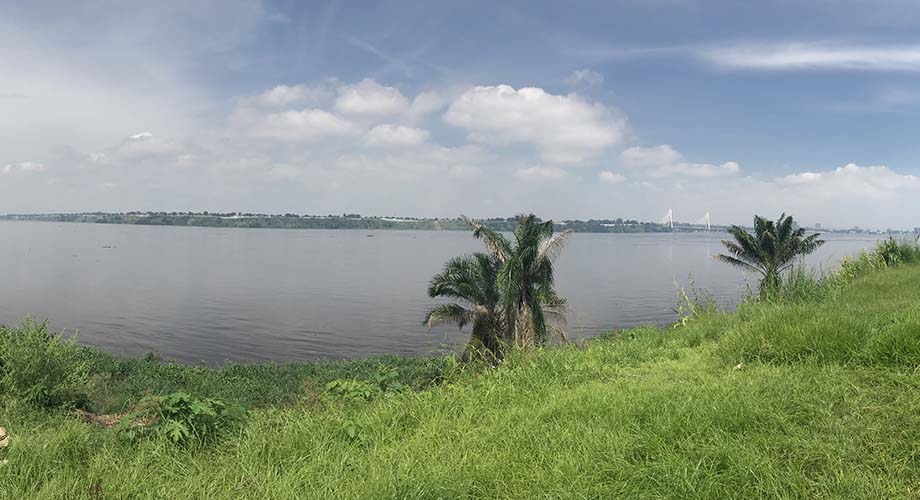A CViSB collaboration recently published their findings on an important Ebola relapse case in the Democratic Republic of Congo. A 25-year-old man who had been vaccinated against Ebola in December of 2018 fell ill with the disease six months later. He received experimental treatments for Ebola and was released from the hospital on June 29th, 2019. Unfortunately, the illness returned in November, and the patient unknowingly transmitted Ebola to others with whom he had been in contact. He succumbed to Ebola one year after receiving the vaccine.
“It is very rare for someone to have Ebola twice—in fact, aside from two cases of partial relapse in repatriated Western health care workers, this has not been observed and has never led to onward transmission of the virus before,” says Matthias Pauthner, PhD, a former post-doctoral researcher at Scripps Research who was part of the research team. “What’s more common, although still very rare, is that some survivors may harbor the virus in their body and infect others after they recovered, which we’ve seen in a few instances. This case report provides an unfortunate proof-of-principle that Ebola survivors themselves, albeit in very rare instances, may indeed relapse and transmit the virus.”
Researchers from CViSB, together with scientists at the Democratic Republic of Congo’s national medical research organization Institut National de Recherche Biomédicale, the University of Nebraska Medical Center in Omaha, and teams from multiple other institutes around the world used a combination of genomics, epidemiology, and computational analysis to investigate the case. They recently documented their findings on how this could have occurred and what it means for other infected individuals in a recently published article appearing in the New England Journal of Medicine.
